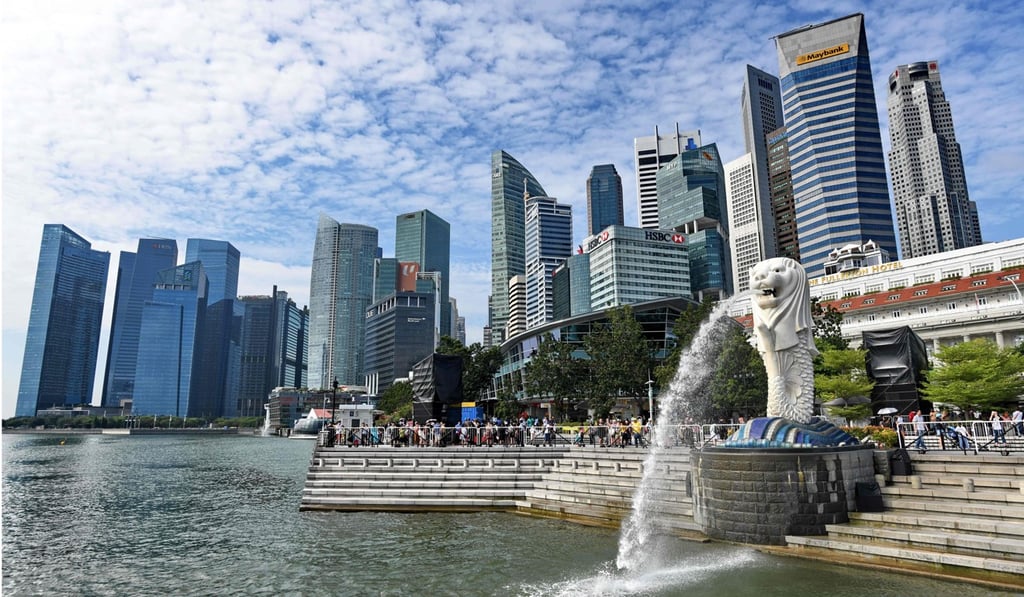Huang Jing, Chinese-American academic expelled by Singapore, is working in Beijing and has ‘no hard feelings’
- Huang Jing was permanently banned from the city state over claims he tried to influence foreign policy for an unknown government
- He says he has just spent a year in Washington to ‘prove’ himself but admits he ‘made some mistakes’

Huang Jing, who is permanently banned from Singapore, said he spent a year in Washington DC after parting ways with the Lee Kuan Yew School of Public Policy (LKYSPP) at the National University of Singapore, to “prove” himself.
“I worked the whole year in Washington DC, my home, to show that I am not what Singapore implied I am. Right now Singapore has not clarified which foreign country I work with so I wanted to show that at least the US doesn’t think I am working for whoever,” he told the South China Morning Post on Monday, on the sidelines of a forum to mark the 45th anniversary of Malaysia-China ties.
Huang, who is the dean of the Institute of International and Regional Studies at Beijing Language and Culture University, added: “I don’t have any hard feelings against Singapore. I think they overplayed their hand for whatever reason, but Singapore has treated me very well.”
Huang, who was director of the LKYSPP’s Centre on Asia and Globalisation and had lived in Singapore for close to a decade, said he had been prepared to retire in the island nation and that the claims had caught him by surprise.
Born in mainland China, Huang went to the United States in the 1980s and completed his PhD at the Department of Government at Harvard University. Before he joined the LKYSPP, he was, according to his profile page at the school’s website then, a senior fellow at the John L Thornton China Centre at the Brookings Institution and a Shorenstein fellow at Stanford University.
